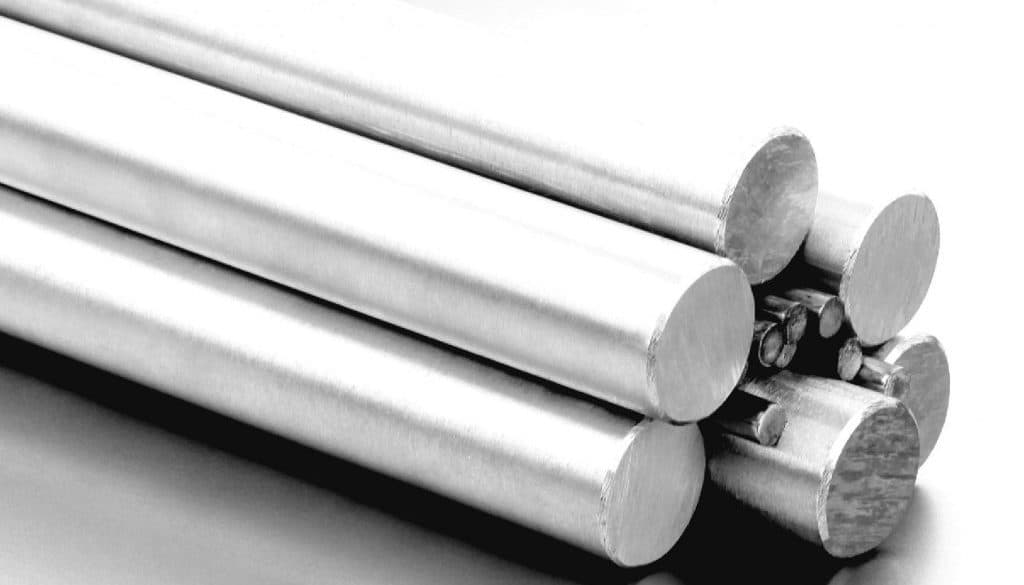
Welding is a critical part of our production process. A good weld makes the difference between a wire product performing well and weld failure. We have a variety of options available. This post covers the different types of welds that we use when we join together different wire forms to create a wire product.
Resistance welding is a process that involves sending a current through the wires that are being joined. Resistance refers to the “resistance” of the steel wires and electrodes that are passing the current, generating heat and causing the wires to fuse together. The weld current, duration of time, materials, and the force applied are all factors, among others, that determine the quality of the weldment. Pronto has manually operated and semi-automated resistance welders available for the formation of custom wire products.
Gas metal arc welding (GMAW) is often referred to as MIG (metal inert gas) welding. It refers to a process that uses an inert gas as a shield. An electric arc is formed between the metal and a feeder wire, which melts to join the metal and form the weld. At Pronto, we have experienced technicians that make manual MIG welds. We also have a robotic arm that we use for MIG welding.
Gas tungsten arc welding (GTAW) is usually referred to as TIG (tungsten inert gas) welding. This process also uses an inert gas as a shield. A filler material may or may not be used. TIG welding generally provides cleaner looking welds, especially when joining thinner pieces of metal. TIG welding generally requires more skill than MIG welding. At Pronto, we have experienced TIG welding technicians that go through external and internal training.
Which type of welding is right for your wire product? We often use a variety of different types of welds on a wire product. We may use resistance welds on some wires and join others using a MIG or TIG weld. The decision of which to use will be based on a variety of factors, including among others, manufacturing efficiency, application, and the environment in which the wire product will be used.
It can be difficult to decide on which type of welds are best for your wire and metal products. Our experienced team of engineers can help you decide which types of welds to use. Contact us at [email protected].